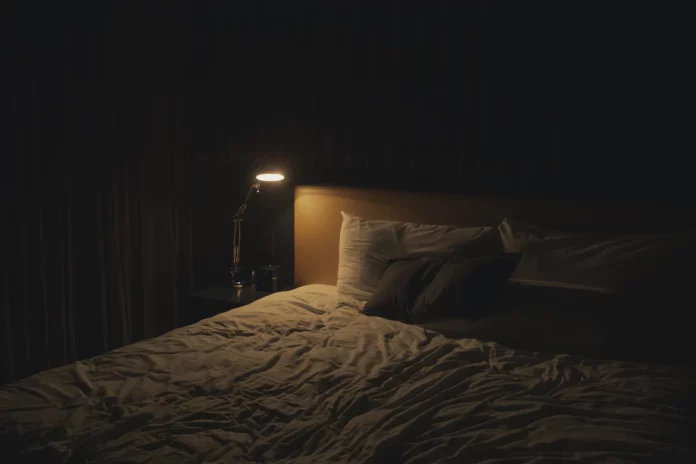Lack of sleep not only makes you feel bad but also impairs the brain, potentially increasing the risk of Alzheimer’s and other neurological diseases. Researchers conducted a study with mice to understand how sleep deprivation harms the brain. They found that a protective protein, pleiotrophin (PTN), decreases with sleep deprivation, leading to neuronal death in the hippocampus, a region linked to learning and memory. This protein’s decline was linked to impaired maze navigation and object recognition in mice. PTN is also associated with Alzheimer’s and other neurodegenerative diseases in humans, suggesting it could be an indicator of cognitive impairment due to insomnia. This research reveals a new mechanism for how sleep protects brain function.
Sleep Deprivation Harms the Brain

Join the AGEIST movement!
Sign-up for our weekly magazine.
See medical disclaimer below.
The ideas expressed here are solely the opinions of the author and are not researched or verified by AGEIST LLC, or anyone associated with AGEIST LLC. This material should not be construed as medical advice or recommendation, it is for informational use only. We encourage all readers to discuss with your qualified practitioners the relevance of the application of any of these ideas to your life. The recommendations contained herein are not intended to diagnose, treat, cure or prevent any disease. You should always consult your physician or other qualified health provider before starting any new treatment or stopping any treatment that has been prescribed for you by your physician or other qualified health provider. Please call your doctor or 911 immediately if you think you may have a medical or psychiatric emergency.
